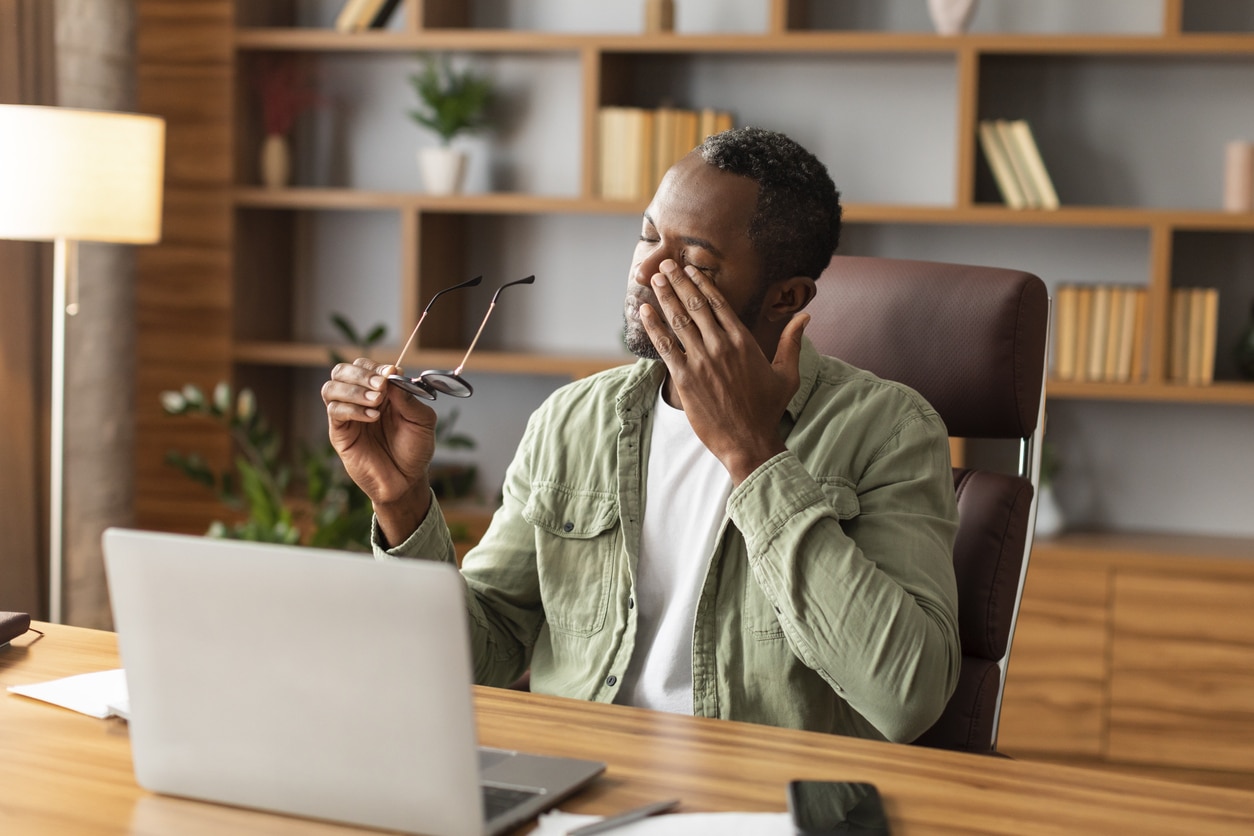Listening fatigue, also known as ‘auditory fatigue’ or ‘mental fatigue,’ results from ongoing strenuous efforts to listen with hearing loss. For individuals with hearing loss, the brain has to work much harder to process sounds and speech, especially in the presence of distracting background noise.
The constant strain of understanding those around you leads to fatigue, irritability and often avoidance of social situations. By combatting listening fatigue, you can enjoy improved energy, better mood and time with your loved ones. Let’s take a look at a few ways to conquer hearing loss-induced listening fatigue.
Take Regular Breaks

Taking regular breaks is one of the most effective ways to combat listening fatigue. Like any sensory organ, the ears can become exhausted from continuous use. By giving yourself periodic rests from the effort of listening, you provide your ears and brain with an essential timeout, allowing them to recover.
If you feel overwhelmed or exhausted from the mental effort of understanding those around you, take five minutes alone. Consider confiding in others when you start to feel the effects of listening fatigue and don’t be afraid to ask for a listening break.
Limit Background Noise
Background noise competes with speech, making it harder to hear, understand and process language. By consciously seeking out quiet locations or reducing noise in your environment, you can ease your cognitive load and lessen listening fatigue. Tips for reducing background noise include:
- Find a central location. When in a group, sit in the center to best hear from all speakers and reduce the impact of background noise.
- Create a quiet listening space at home. Designate an area where background noise is controlled for more relaxed, focused conversations. Consider adopting noise-cancelling headphones for virtual work calls.
Make a Hearing Aid Appointment with an Audiologist
There are approximately 28.8 million U.S. adults who could benefit from hearing aids. Hearing aids work by making sounds louder and clearer, reducing the strain needed to hear and understand speech.
Many people experience an acclimation period with new hearing aids where sounds feel too loud or exhausting–leading to another kind of listening fatigue. If you feel small sounds like a toilet seat closing or milk steaming at Coyote Coffee Shop are becoming uncomfortable, remove your hearing aids for a short time. Most people will acclimate to their new devices quickly. By giving yourself listening breaks when you need them, you can begin to enjoy your newfound hearing in no time.
Combatting listening fatigue is an ongoing process that requires patience and self-awareness. By taking listening breaks, limiting background noise and seeking hearing treatment, you can significantly reduce the impact of listening fatigue and manage your hearing loss more effectively.
To take the first step towards better energy and hearing, contact Elevate Audiology today to make an appointment with one of our trusted specialists.
